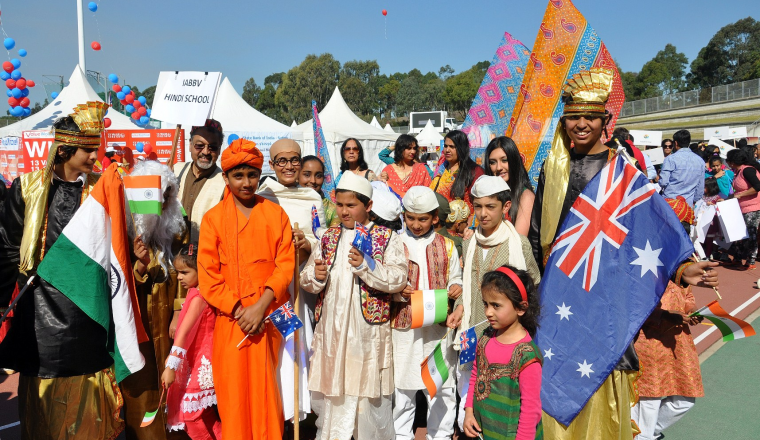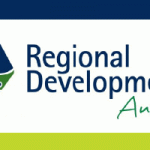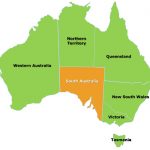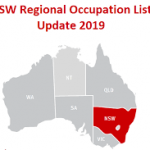Jul 5, 2014
Multicultural Policy in Australia
[social_share/]
Multiculturalism embodies principles of acceptance of, and respect for, cultural diversity, community harmony and admittance to the country. Multiculturalism describes the mosaic of different cultures widely used within ethnically, culturally and linguistically diverse societies. Australia is a highly diverse society. Australians speak 260 languages and practice a variety of different religions. Australian society now contains a spectrum of cultures represented in art, literature, music, dress, sport and food. It is a great pride for Australia, that so many people, with such a diversity of culture and history has been absorbed so peacefully into the Australian society.
Practice of Multicultural Policy in Australia
The National Agenda for a Multicultural Australia laid down an important set of principles and values underpinning multicultural society. The principles include:
1# The right to express individual heritage, language and religion;
2# The right to equality of treatment and opportunity and removal of racial, ethnic, religious, language, gender or birthplace barriers;
3# The need to develop and utilise the skills and talents of all Australians;
4# The obligation of all Australians to accept the basic structures and principles of Australian society; and
5# The understanding that to express one’s own culture and beliefs brings a reciprocal responsibility to accept the rights of others to do the same.
Australia’s accession towards multicultural policy embraces our shared values and cultural traditions and recognises that Australia’s multicultural essence gives us a competitive edge in an increasingly globalised world. The unique advancement articulates the rights and responsibilities that are fundamental to living in Australia and supports the rights of all to celebrate, practise and maintain their cultural traditions within the law and free from discrimination. The policy aims to strengthen social cohesion through promoting belonging, respecting diversity and fostering engagement with Australian values, identity and citizenship, within the framework of Australian law.
 Immigration SA is introducing some changes to its general skilled migration nomination policies.
Immigration SA is introducing some changes to its general skilled migration nomination policies.
 Trades Recognition Australia (TRA) has announced changes to the Trade Skills Assessment programs for TSS, OSAP and TRS. The following changes apply to all applications received from 1st March 2019.
Trades Recognition Australia (TRA) has announced changes to the Trade Skills Assessment programs for TSS, OSAP and TRS. The following changes apply to all applications received from 1st March 2019.
 Working Holiday Visa Changes: The availability of a third-year visa will attract working holiday makers to work for longer in regional Australia.
Working Holiday Visa Changes: The availability of a third-year visa will attract working holiday makers to work for longer in regional Australia.
 Working Holiday Visa Australia Basic Requirements and Benefits
Working Holiday Visa Australia Basic Requirements and Benefits
 Canada Permanent Residence
Canada Permanent Residence








